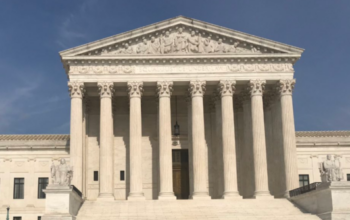In recent legislative developments, Florida Republicans are taking a stance to hold media organizations accountable. Spearheading this movement, they propose new legal measures that may have unintentional consequences. A prominent radio host has voiced concerns, suggesting that these efforts, although aimed at the liberal media, might inadvertently backfire on conservative outlets.
At the center of this initiative is Republican state Representative Alex Andrade hailing from Pensacola. By introducing a revolutionary bill, Andrade is setting the stage for significant changes in the media landscape. The proposed legislation is designed to streamline the process for Florida residents to pursue legal action against journalists and news entities for defamation.
Historically, proving defamation in the court of law has been a particularly challenging endeavor. The current legal framework sets a high bar for defamation cases, ensuring the protection of free speech while carefully considering claims against media practitioners. This complexity ensures that only the most clear-cut cases go forward.
Rep. Andrade’s bill, however, aims to modify the existing standards. If passed, it could lower the hurdles for initiating defamation lawsuits. This change would fundamentally impact how journalists and news corporations operate, placing greater emphasis on the accuracy and verification of the information they disseminate.
Yet, amidst the push for accountability, there are voices of caution. Some commentators are highlighting a potential irony: Conservative media, which often aligns with Republican interests, might find themselves facing increased legal challenges as well. This could lead to an environment of heightened scrutiny for all media, regardless of political leanings.
While the bill’s proponents are confident in its benefits, the broader implications for free speech and press remain a point of debate. As Florida positions itself at the forefront of this contentious issue, the national discourse watches keenly. The outcome of this bill could set precedent, influencing media-judiciary relations across the United States.

















